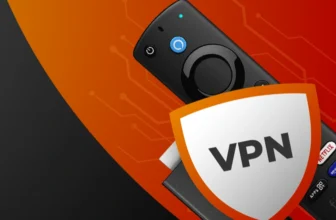Wireless Solutions for Urban Innovation: Leveraging IoT to Empower Smart Cities
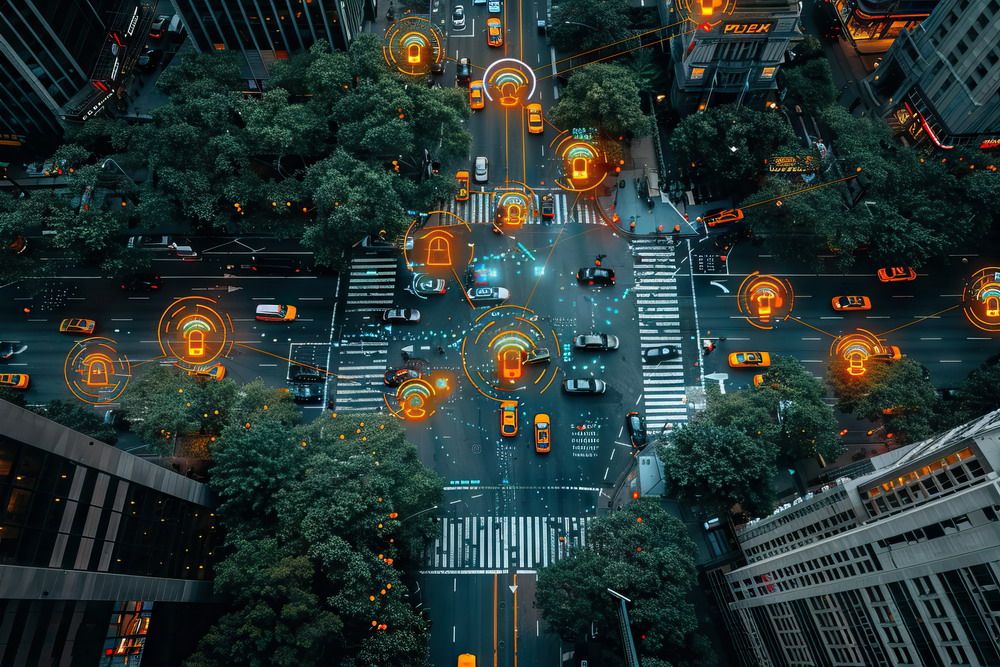
The idea of smart cities is that they use technology to improve the quality of life for residents. And one of the most impactful technologies in this idea, or transformation if you like, is the Internet of Things (IoT). The role of IoT is to connect everyday devices to the internet to help gather and analyze data.
What is IoT for Smart Cities?
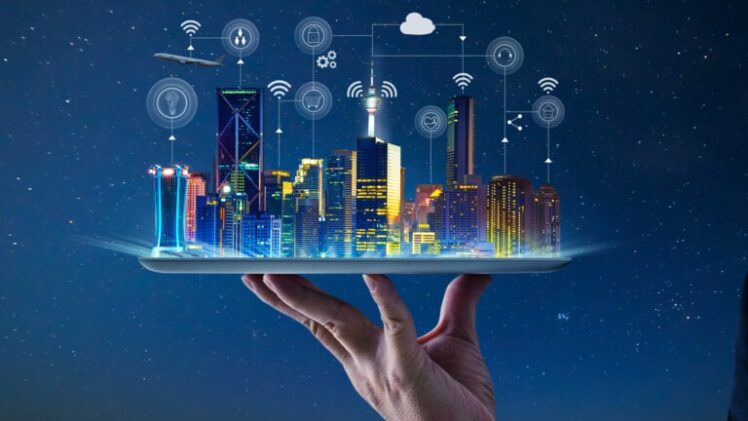
Source: soracom.io
IoT for smart cities involves integrating various sensors and devices into urban environments to collect data that can more efficiently manage assets, resources, and services. Furthermore, according to the folk at Blues.com, this technology provides the foundation for thing like improved traffic management, enhanced public safety, and energy conservation.
Traffic and Transportation Management
- Smart Traffic Lights: IoT-enabled traffic lights adjust to changes in traffic flow in real-time, reducing congestion and improving commute times. Moreover, these lights communicate both with each other and with vehicles to optimize traffic patterns and reduce waiting times.
- Public Transit Improvements: IoT devices track the location and status of buses and trains in real-time, providing passengers with accurate arrival times and service conditions. This information then helps commuters plan their routes more effectively while encouraging the use of public transportation.
Public Safety and Security
- Enhanced Surveillance: Cameras and sensors that are equipped with IoT technology monitor public spaces more efficiently, which then provides real-time data that helps law enforcement respond to incidents faster and more effectively.
- Emergency Response: IoT devices enhance emergency services by providing precise locations for accidents, fires, or natural disasters. This speeds up the response time of emergency teams and saves lives by making sure help arrives when and where it is needed the most.
Energy Management and Sustainability
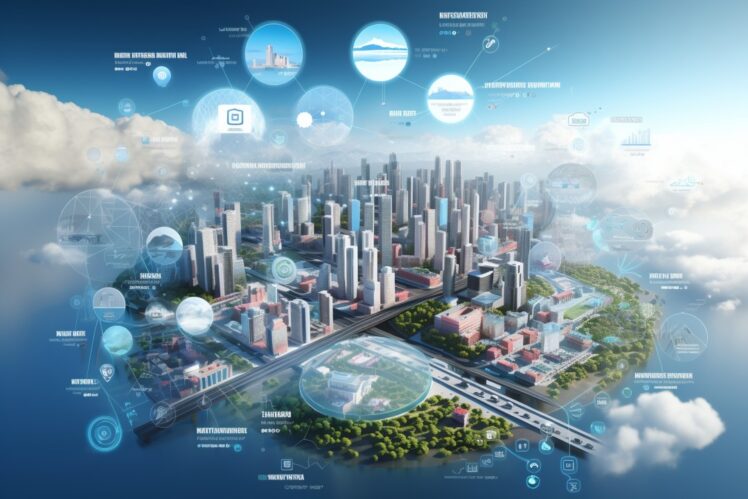
Source: linkedin.com
- Smart Grids: IoT-enabled smart grids more efficiently manage electricity usage in cities by collecting data on consumption patterns. They can then automatically adjust to reduce energy wastage. This not only helps with saving on utility bills but also contributes to the overall sustainability of the city.
- Waste Management: IoT sensors in waste bins monitor waste levels and can alert city services when bins are ready for emptying, optimizing waste collection routes and frequencies.
Infrastructure Maintenance
- Structural Health Monitoring: Sensors attached to buildings, bridges, and roads help monitor the condition of these structures in real time. This data helps predict when maintenance is required, helping to avoid disasters and costly repairs.
- Water Management: IoT technology improves water conservation through smart meters and sensors that detect leaks and monitor water quality.
Citizen Engagement and Services
- Information Kiosks: IoT-enabled kiosks provide residents and visitors with easy access to important city information, such as news, weather, and event schedules.
- Health and Environment Monitoring: Sensors placed around the city track air quality and other environmental factors, offering residents up-to-date information about their surroundings, thus helping those with health conditions related to air quality.
Challenges and Solutions
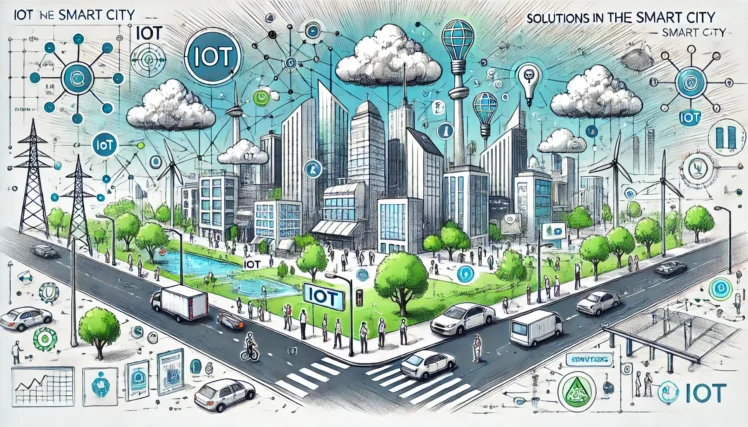
Source: artificialpaintings.com
- Privacy Concerns: The increase in data collection raises concerns about privacy and data security. Cities need to implement strong data protection measures and be transparent about how they manage citizens’ information.
- Integration with Existing Infrastructure: Integrating IoT technology with old systems is challenging. Cities need to plan carefully and possibly phase in technology upgrades to be sure of smooth transitions.
- Funding and Budgeting: Developing smart city solutions requires significant investment. Cities often need to find creative funding solutions, such as public-private partnerships or grants, to support these initiatives.
Conclusion
IoT technology really is revolutionizing urban areas, making them smarter and more efficient. From improving traffic and public transportation to enhancing public safety and environmental health, IoT for smart cities is at the vanguard of urban innovation. Addressing challenges like privacy, integration, and funding, cities are able to fully leverage IoT to improve the lives of their citizens and create more sustainable, livable urban environments.



